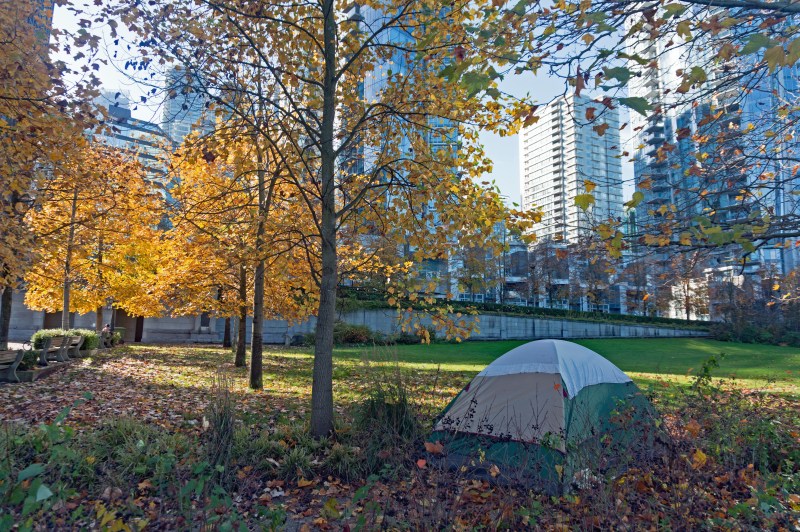
Camping can be a wonderful pastime but it can require quite a lot of gear as well as travel to get away from home in some cases. That’s why urban camping is such a great alternative for those who are just getting into camping or who can’t slip too far away from their home in the city. Not to mention, some urban camping experiences require a lot less gear, so there’s no need to invest in a lot before you take off.
Not only does urban camping make for a great staycation when you need a change of scenery, but can’t get away. Urban camping will also give you the ability to pop home easily anytime you want to be back in the comfort of your home again. Start by trying out these urban
Liberty Harbor, New York City
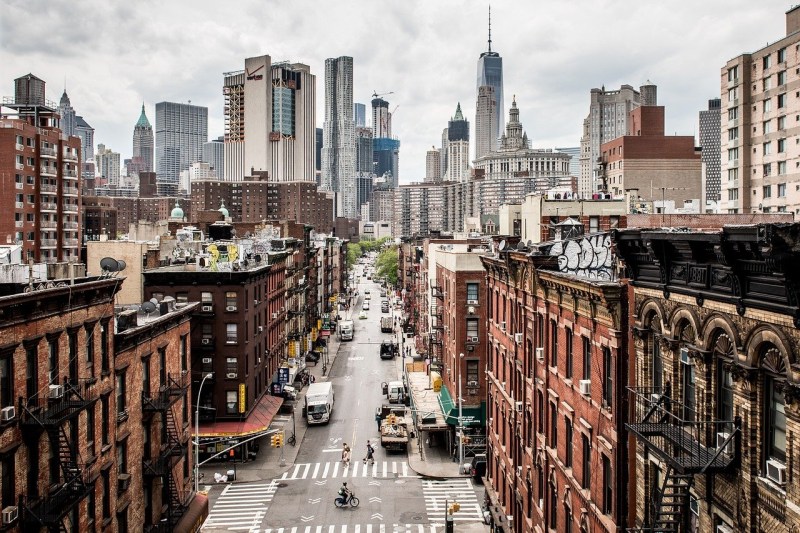
New Yorkers who want to pull out their tent or rent an RV for a weekend can pull it out and set it up at Liberty Harbor. The RV park is just across the Hudson River in Jersey City and is even accessible by public transit. At just $110 per night, this urban camping site is quite affordable and affords city dwellers who call the Big Apple home an easy outlet for connecting with nature.
Read more: New York City Travel Guide
Governors Island, New York City
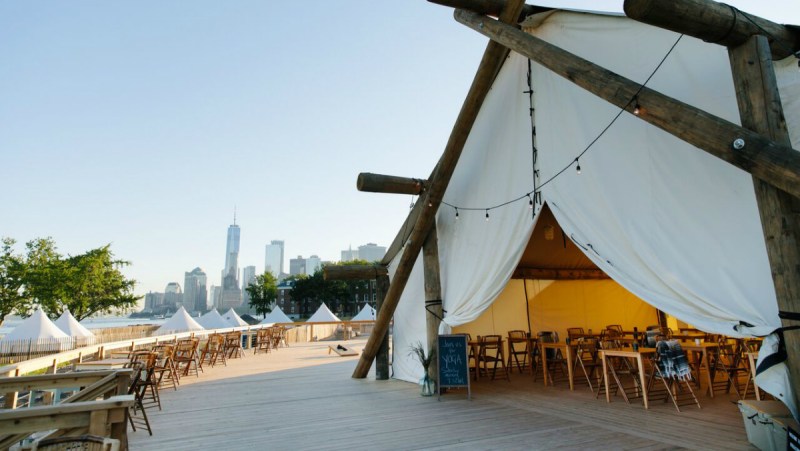
Those living in New York City who do not have a tent, a sleeping bag, or other essential camping gear might need another alternative. That’s why Governors Island is worth considering. This glamping site will outfit you with everything you need to have a luxurious stay outdoors without leaving home for long. Ride bikes, barbecue, and listen to your surroundings while just a short ferry ride from the city. Governors Island is one of the easiest staycations that will feel like you’re much farther away.
Kirby Cove Campground, San Francisco
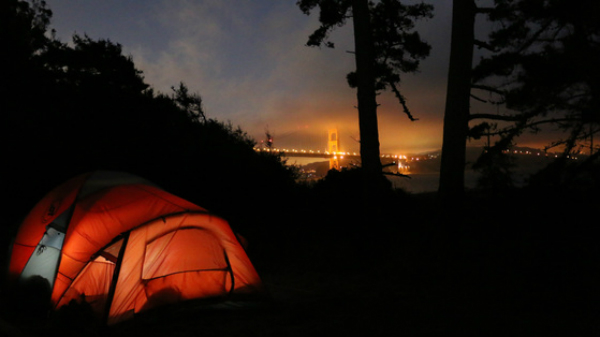
Another excellent camping location just outside of a major city is Kirby Cove. Located in the Golden Gate National Recreation Area just across the bay by the bridge, Kirby Cove allows nature-seekers to set up camp for just $30. From the campsite, guests can explore the massive redwood trees in the Muir Woods, that is if they can pull themselves away from their campsite view. The sites are located atop a bluff that overlooks the bay and the city making it a bucket list-worthy
Read more: San Francisco Travel Guide
The Vaudeville!, Chicago
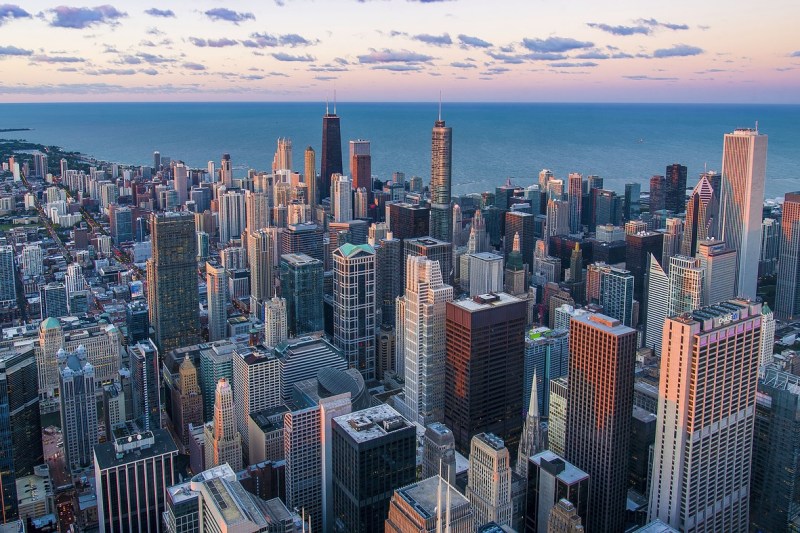
This urban camping site, The Vaudeville!, is actually right in the center of Chicago. Inside this truly urban campground, you can pitch a tent and enjoy outdoor activities all without leaving the city. Rent a kayak and float down the Chicago river, bike around town, or visit with the farm animals on-site such as chickens and goats. Of course, you can always get home within about 10 minutes should you forget something.
Read more: Chicago Travel Guide
Blue Hills Reservation, Boston
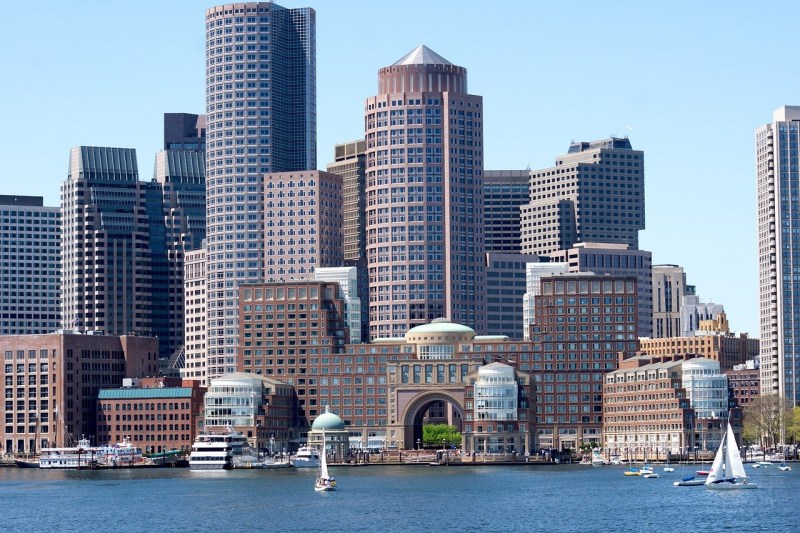
Finally, the Blue Hills Reservation which is less than 15 miles outside of Boston is another excellent urban camping destination. This nature park has more than 8,000 acres and 125 miles of trails. That means anyone in need of some forest therapy can easily get to wooded areas and enjoy the great outdoors within easy reach of Boston. There are even laid-back cabins with nothing but the essentials, so you don’t even have to pitch your own tent if you prefer. Just pack some clothes and get out of town.


